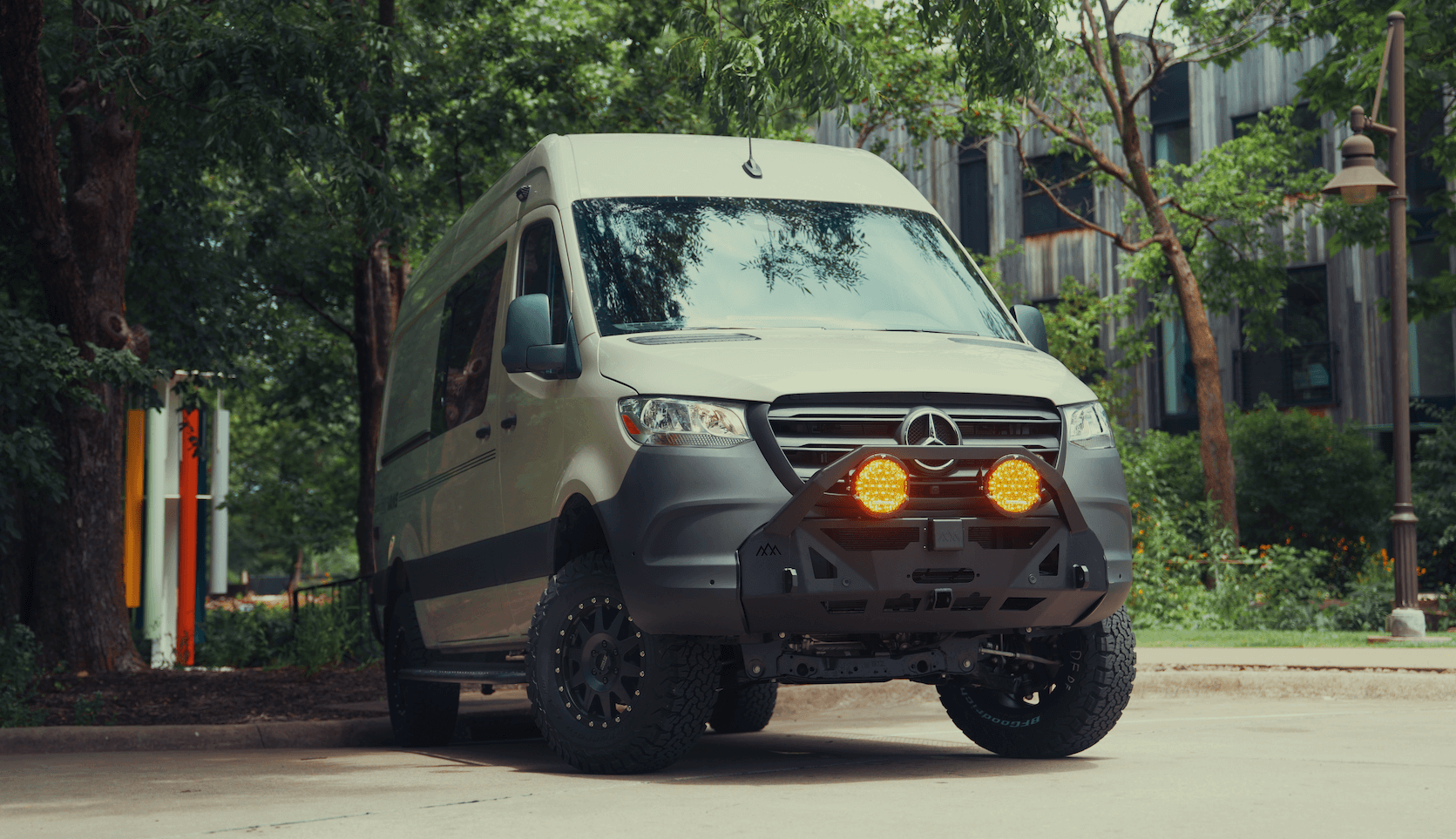Recreational Vans

The short version is this. There is no single national rule that says a wood stove is illegal in a van. Legality hinges on where the van is parked, whether the unit and chimney are listed and installed to safety standards, and what your insurer will accept. You also cannot legally or safely run a solid fuel stove while the vehicle is moving.
Several rule sets may apply at once. Fire codes and air district rules govern burning. Standards like NFPA 1192 for recreational vehicles and NFPA 211 for chimneys outline clearances, venting, and materials. Local ordinances and campground policies may be stricter than national guidance. Insurance carriers often require listed stoves and chimneys, documentation of clearances, and proof that the appliance is used only when parked.
Think about legality as a three layer check. First, can you burn solid fuel in this place today under local restrictions. Second, is your installation built to recognized safety standards with listed parts. Third, will your insurer and the property owner or campground allow it.
A stove used only when parked is the norm. Operating any flame while in motion is unsafe and will run afoul of traffic safety laws and common sense. Most policies that allow a wood stove require cool down and securement before driving, including capping the chimney and locking the firebox door.
In practice, a listed residential room heater with a UL mark and a chimney system rated to high temperature is the baseline. Listings define tested clearances and shield requirements. Tiny novelty stoves with no listing may be refused by insurers and banned by some jurisdictions regardless of how carefully you install them.
Parks, private campgrounds, and many public land managers can prohibit solid fuel appliances during fire danger periods. Air districts call no burn days that bar wood burning. City ordinances may block solid fuel burning in some zones. If a sign or posted order says no solid fuel, it means no wood stoves in vans as well.
Treat a van like a small dwelling from a safety standpoint, and a vehicle from a structural standpoint. That means your installation needs to satisfy both worlds.
Many insurers either exclude wood stoves entirely or require detailed documentation. Expect to provide the listing information, installation drawings, proof of clearances and shielding, and photos. Some policies require a professional installation and may ask for an inspection. Non disclosure can void coverage.
Even with perfect paperwork, the property owner has the final say. Many campgrounds and urban overnight parking programs disallow wood burning due to sparks and smoke. Private landowners can require additional safeguards such as spark screens, ash cans, and proof of detectors.
Install a smoke alarm, a carbon monoxide detector with a digital readout, and at least one ABC fire extinguisher. Keep a metal ash container with a tight lid outside on a non combustible surface. Add a thermal alarm near the flue collar in small spaces to warn of rapid temperature rise.
A safe installation has three things. Proper clearances, proven heat shielding, and a chimney that drafts well and stops sparks. In a compact van, space is tight and materials are close, so details matter more than in a cabin.
Diesel or gasoline fired air heaters with sealed combustion chambers produce steady heat without indoor flames. Vented propane furnaces are another common choice. With a strong battery bank and shore power, electric heat pumps or resistive heaters can work in mild climates. These options make permits, insurance, and campground acceptance far easier.
If you winter camp in remote areas with abundant dry fuel and you understand the safety and compliance load, a wood stove can be cozy and effective. Plan for added weight, storage for wood, and more frequent cleaning. Keep a backup heat source for wet weather or local burn bans.
At this point many travelers choose engineered heating over a wood burner. A well designed diesel or gas air heater coupled with smart ventilation, dual alternator charging, and a right sized battery bank gives clean heat without smoke or sparks. That approach aligns with codes, insurer expectations, and land manager rules.
We build custom vans that take heat and safety seriously. Our team designs and installs compliant heating systems, integrates power for reliable off grid use, and fabricates proper shielding and pass throughs where flame producing equipment is approved. If you want warmth without hassle, we guide you to the right heater, draft a safe layout, and deliver a professional finish that passes scrutiny.
Ready to plan your build. Explore our recreational vans, review a custom build van, or see our mainstream vans options.
Ready to heat your van safely and cleanly. Tap our team to design a code aware, insurer friendly system that matches how you travel. Start with a quick build consult and get a clear plan for safe heat, smart power, and a reliable interior. Submit the form and we will map the best path for your van.
Ready to heat your van safely and cleanly? Tap our team to design a code aware, insurer friendly system that matches how you travel. Start with a quick build consult and get a clear plan for safe heat, smart power, and a reliable interior. Submit the form and we will map the best path for your van.
ADDRESS:
6159 E Huntsville Rd, Fayetteville, AR 72701
PHONE:
(479) 326-9200
EMAIL:
info@ozkvans.com